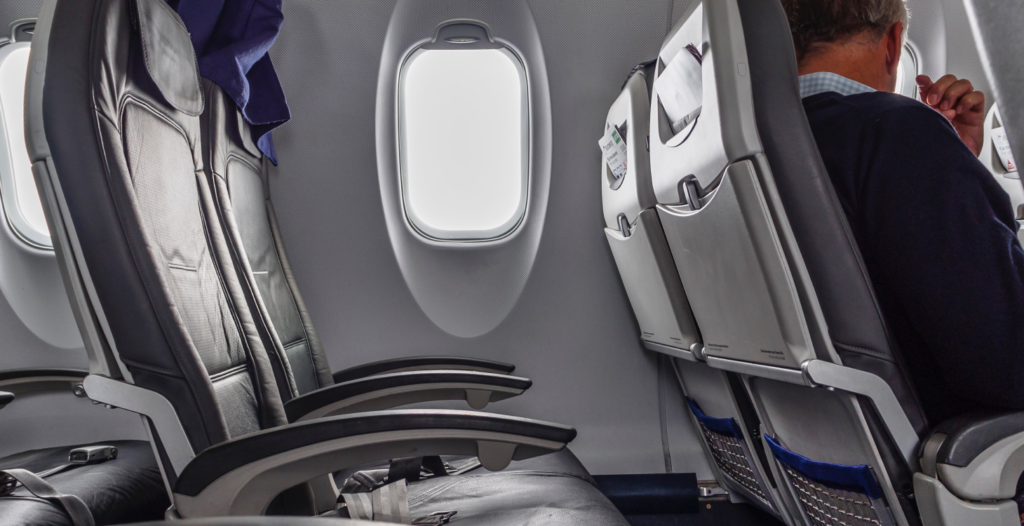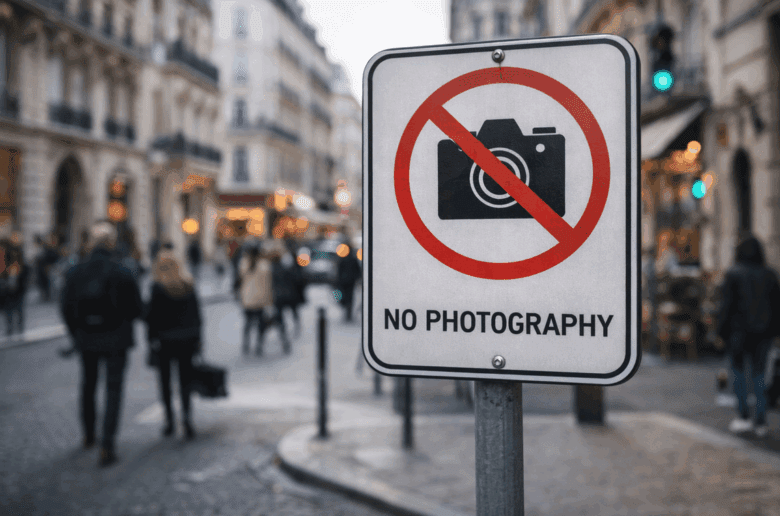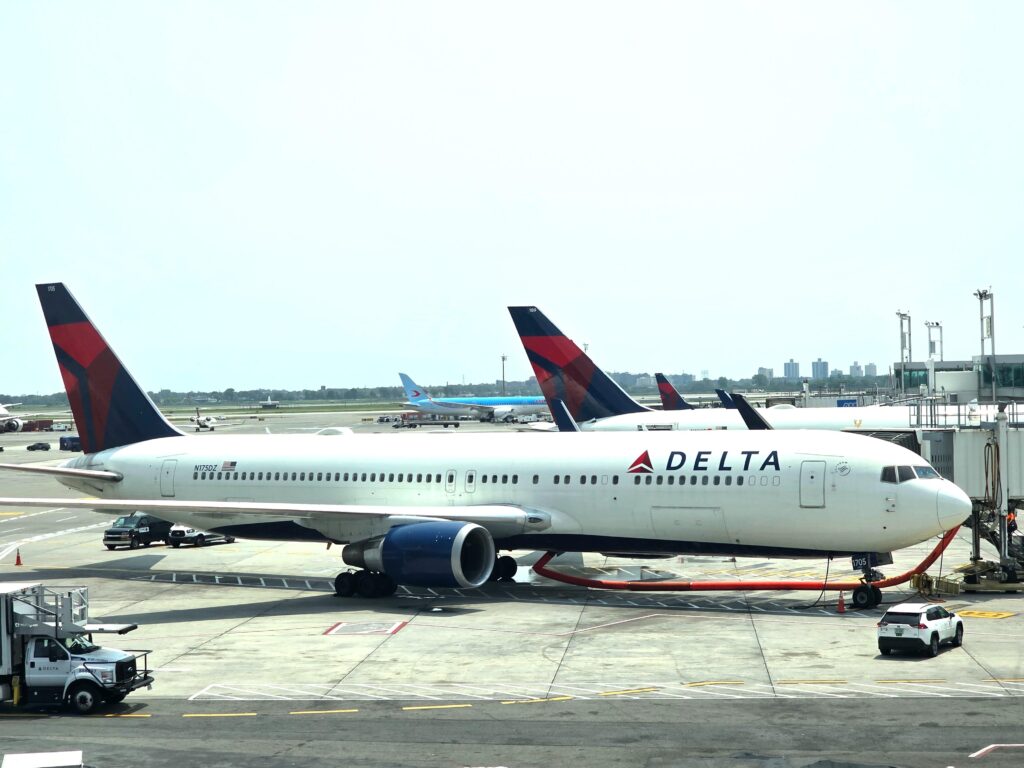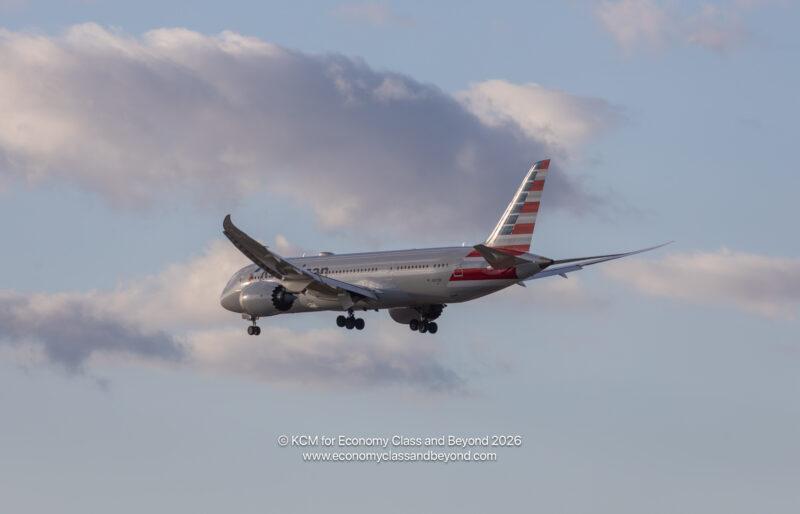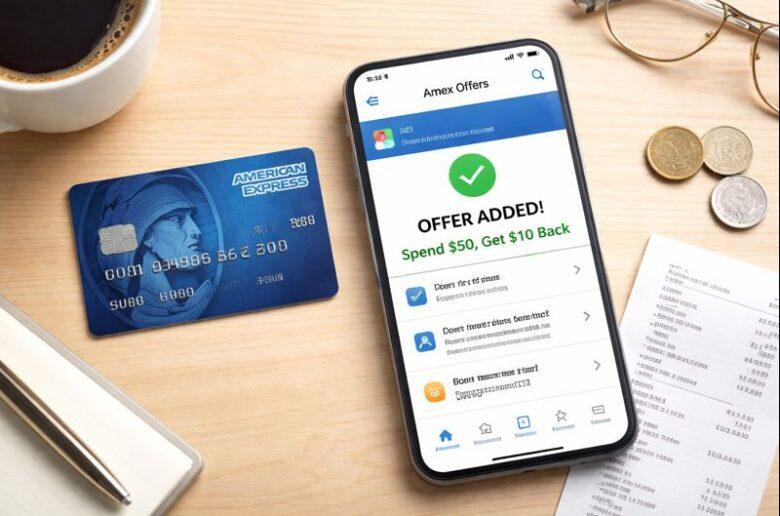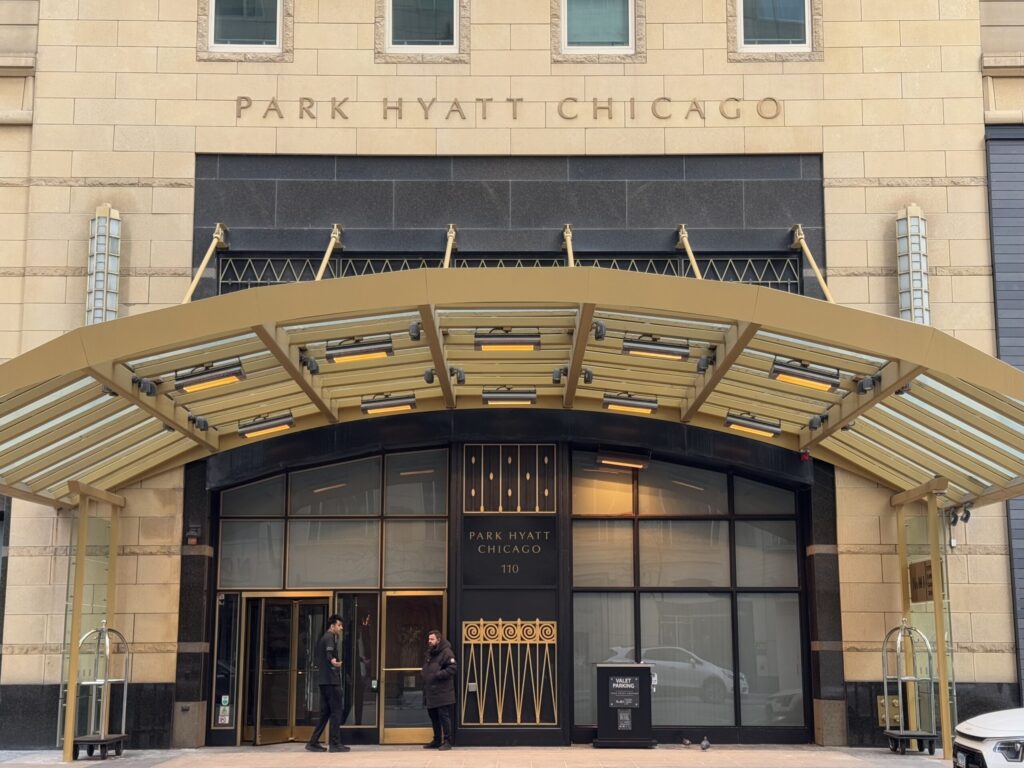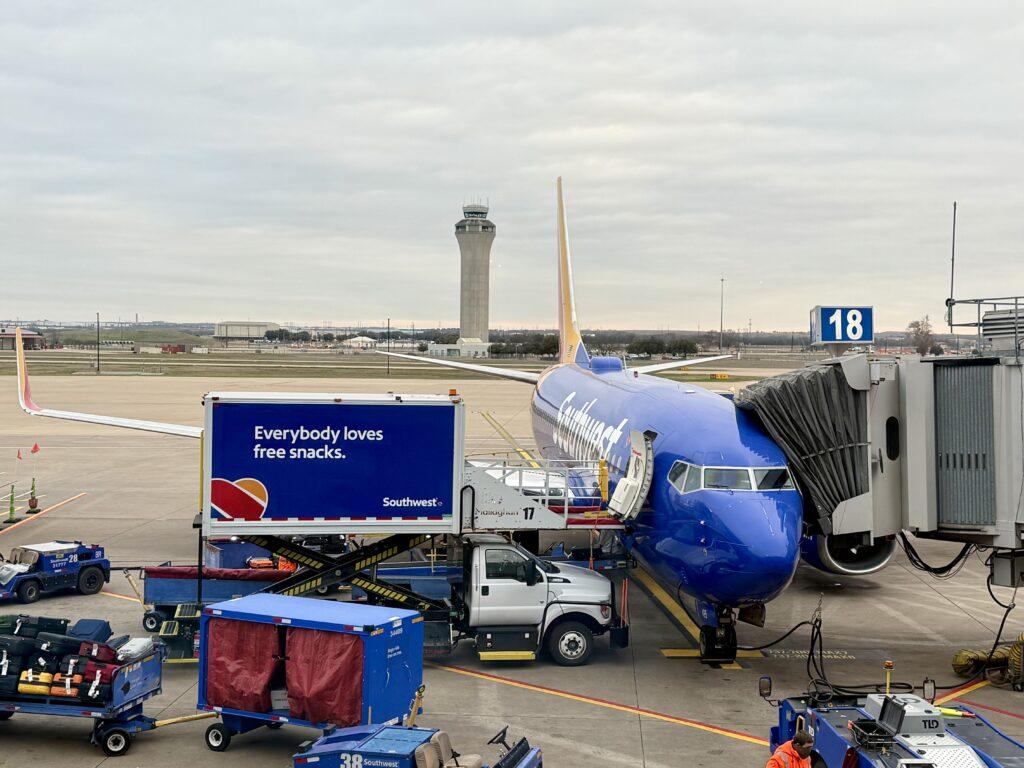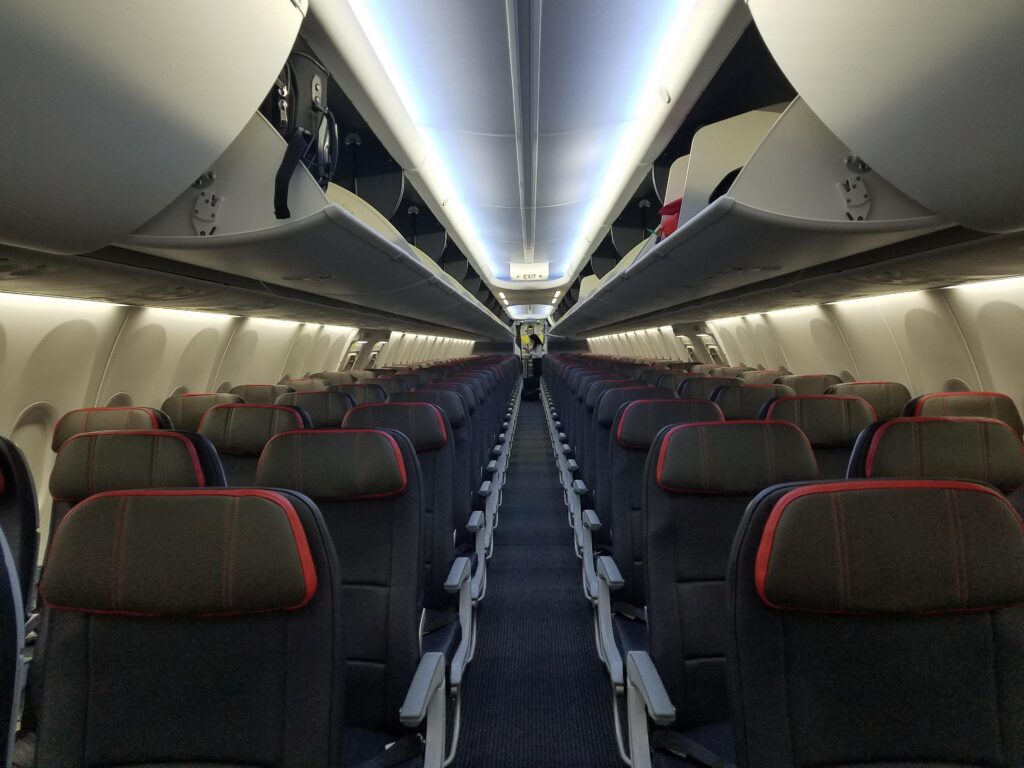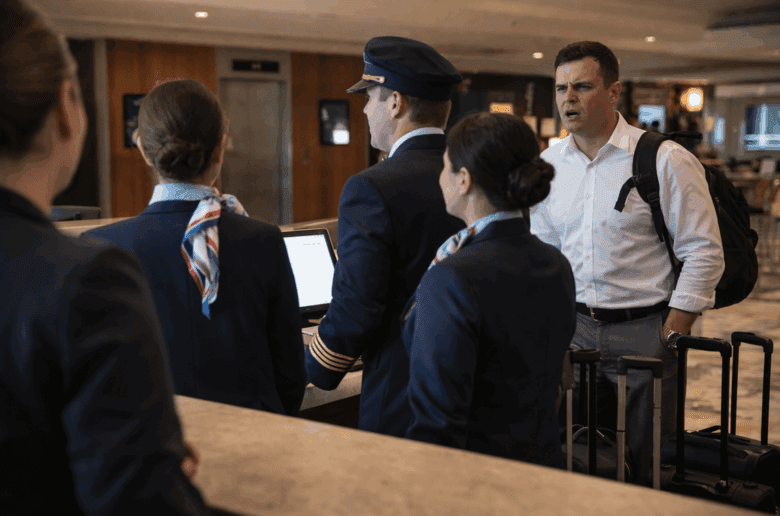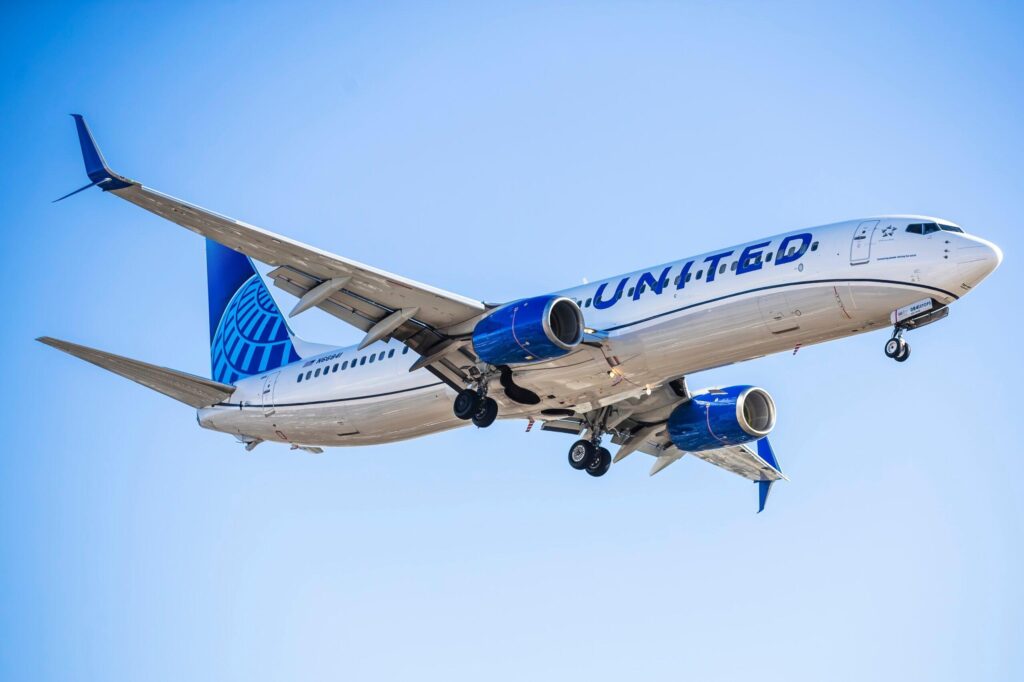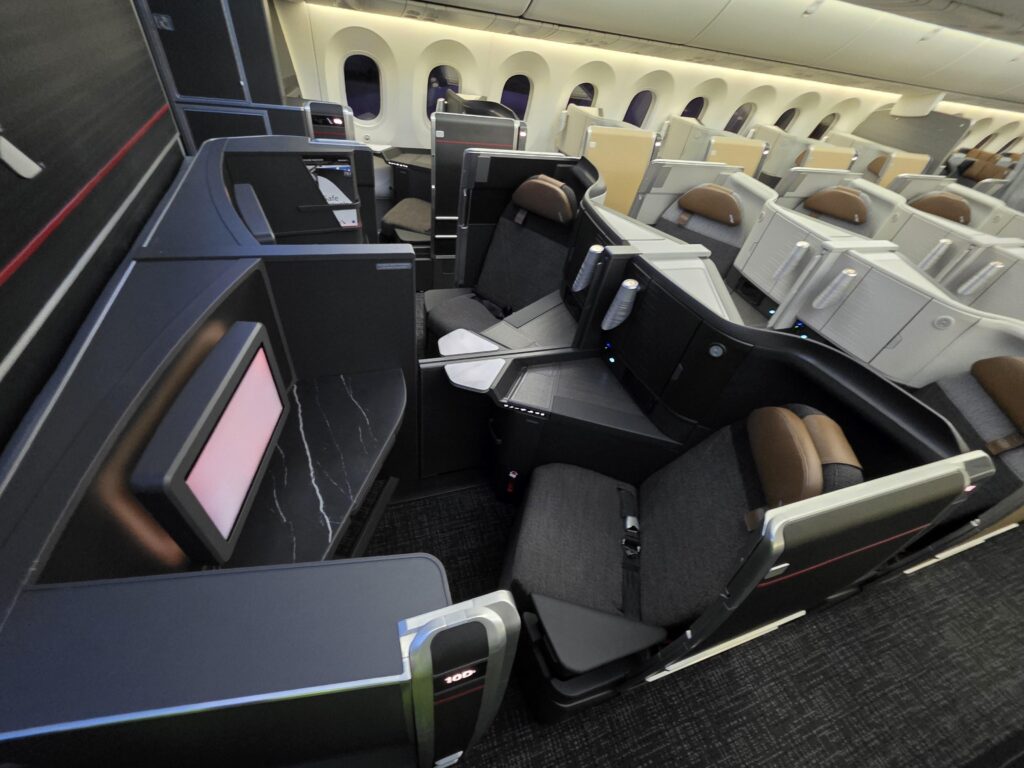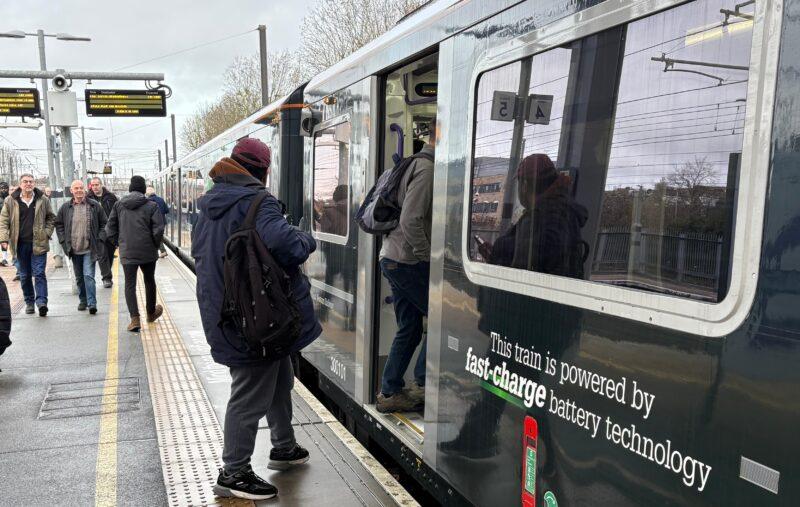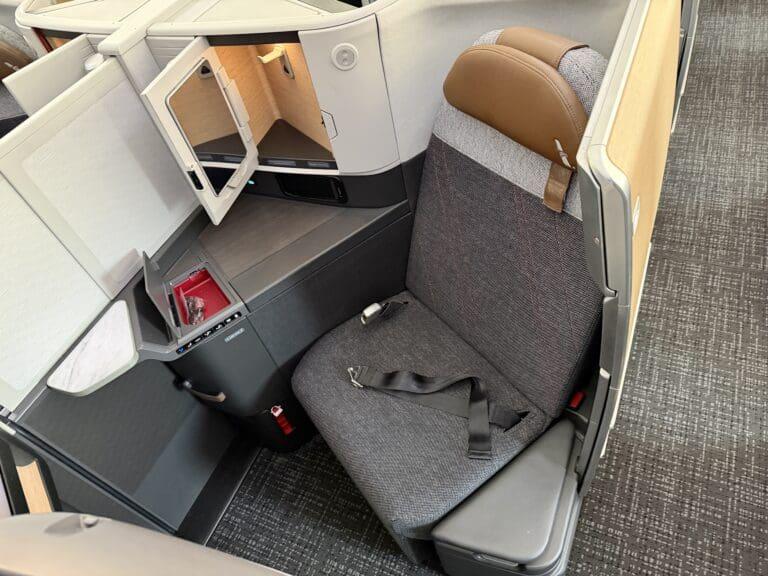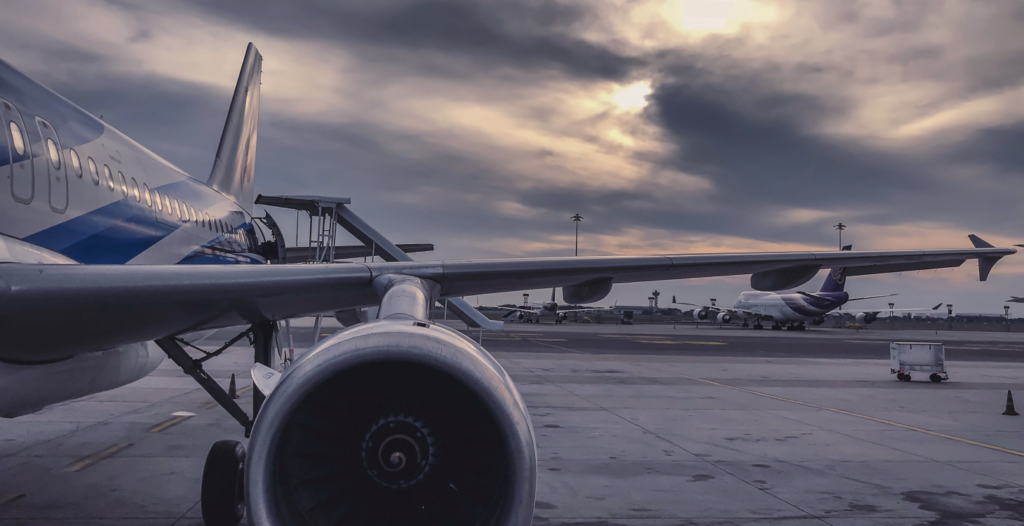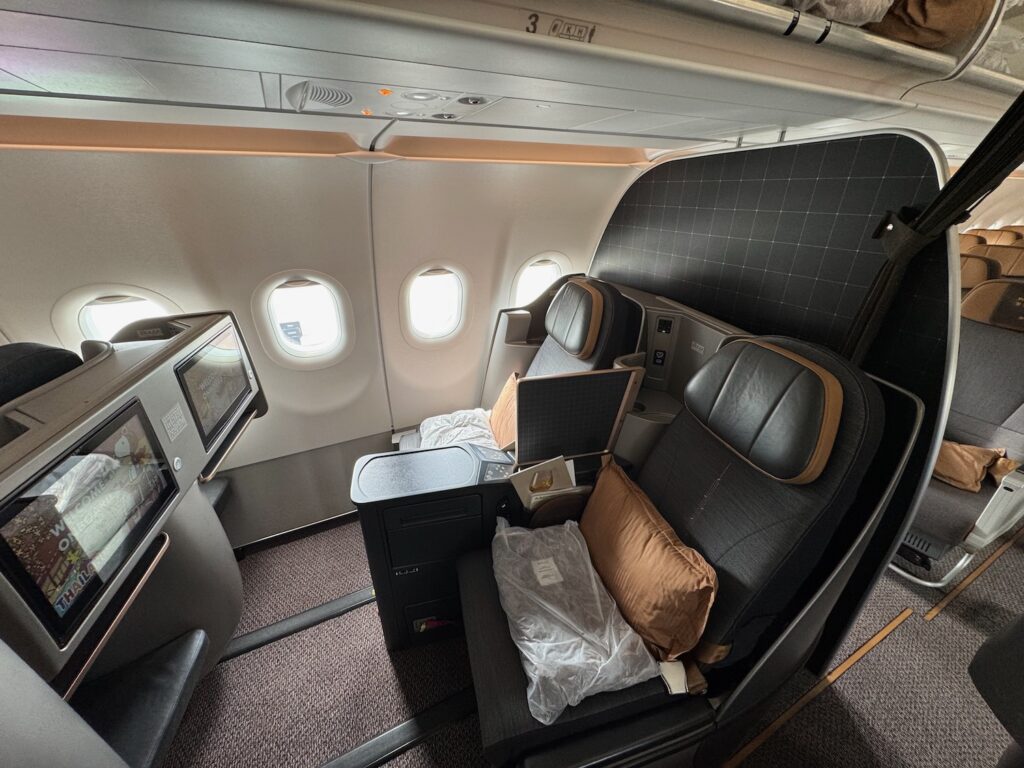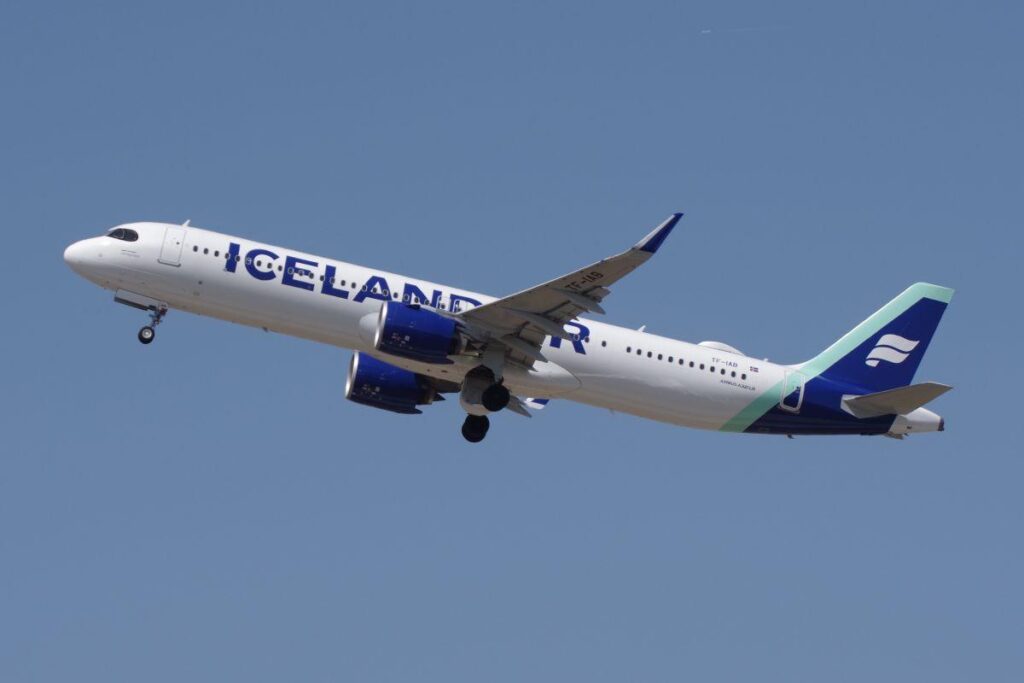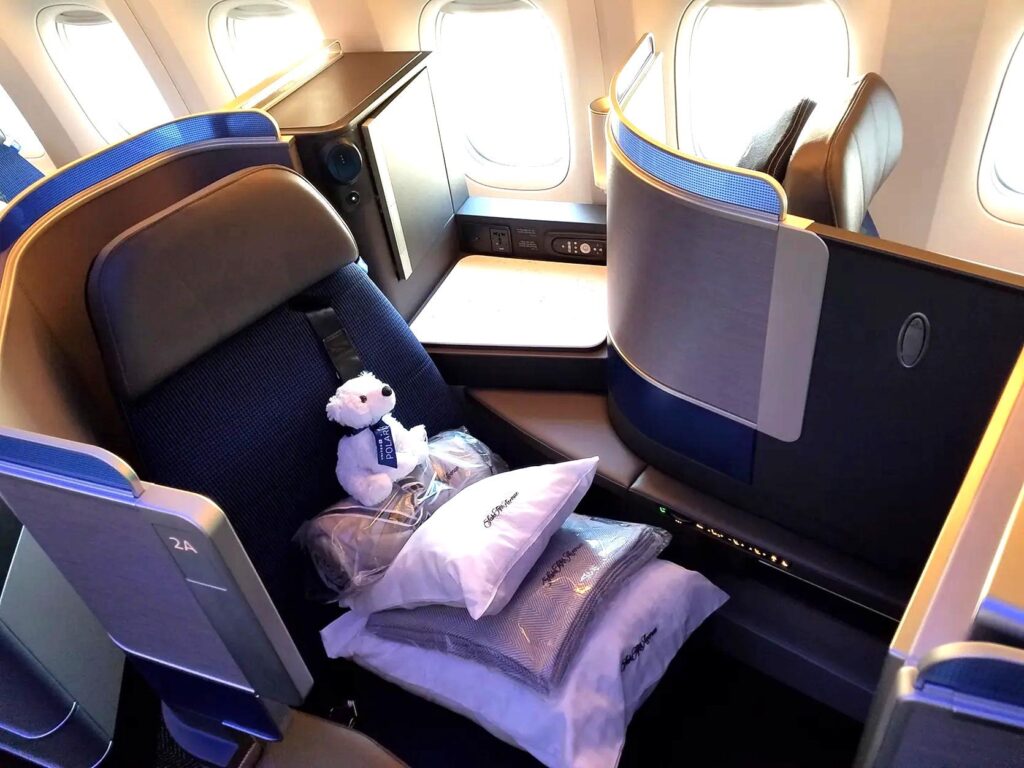
Delta’s Faster Biometric Boarding: A Frequent Flyer Game-Changer
I’ve spent countless hours devouring every travel tip, blog, and anecdote I could find, and over time, I’ve become fascinated by how technology is reshaping the very essence of flight. One of the most exciting trends I’ve observed is the rise of biometric boarding, which promises to give us an even faster and more seamless way to get on a plane. It’s like stepping into a scene from a near-future thriller, where paper IDs and boarding passes might become relics of the past.
What Is Biometric Boarding?
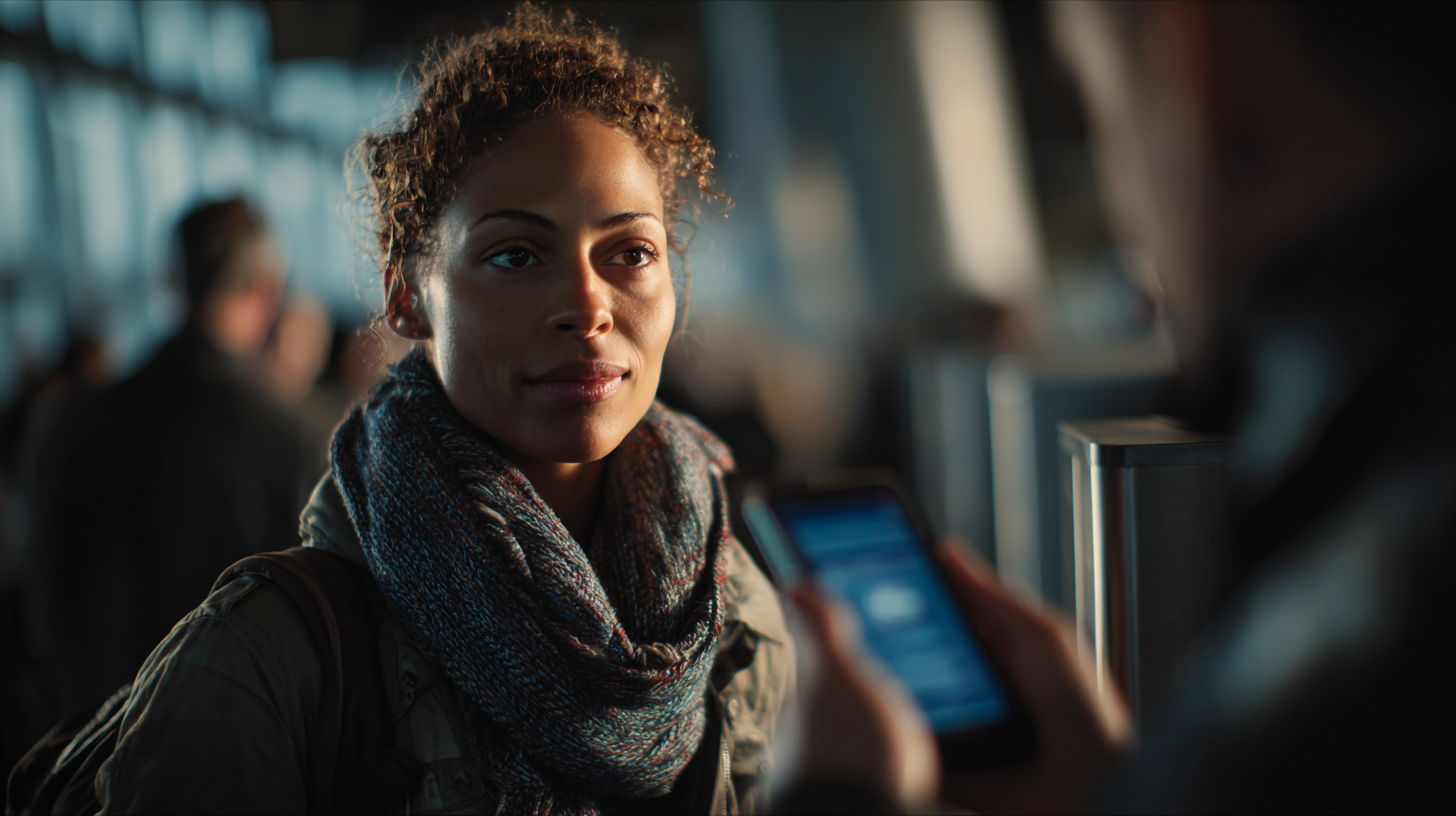
Biometric boarding is essentially the automation of passenger identification through facial recognition, taking the place of traditional passport and driver’s license checks. Instead of repeatedly showing ID at various checkpoints, travelers can simply walk up, have their face scanned, and proceed. For those who love paperwork about as much as a TSA line on a busy weekend, this technology is a game-changer.
I’ve read pilot reports indicating that this facial-scanning process can save up to nine minutes per passenger in major airports like Atlanta’s Hartsfield-Jackson. According to industry data from 2024, the average wait time in select terminals dropped from two minutes to just 30 seconds. Over an entire year of operations, that adds up to a substantial decrease in congestion, line length, and traveler frustration.
Moreover, the encryption practices used by Delta and other airlines reinforce the reliability of the method. By comparing encrypted facial data with official databases, the system can verify passenger identity quickly and securely. It’s not science fiction anymore; it’s a staple of modern airport innovation.
Why Frequent Flyers Love It

From my vantage point, frequent flyers are drawn to anything that cuts through airport stress. Biometric boarding fits the bill perfectly, especially for those with TSA PreCheck® or Global Entry. Experienced travelers have told me they save precious minutes at every checkpoint, from baggage drop to final boarding.
In my research, I came across internal airline surveys showing that approximately 98% of international travelers at biometric terminals opt for facial scans when given the choice. People appreciate not having to juggle multiple documents. It’s a relief to keep passports tucked away and breeze through each step by simply looking at a camera.
There’s also an element of comfort in knowing that major hubs—like Atlanta, JFK, or LAX—are embracing this technology head-on. The airlines have invested in staff training and machine calibration, so the system typically runs smoothly, letting frequent flyers focus on the more pleasant aspects of air travel—like planning what in-flight movie to watch or picking a nice airport lounge.
Where It’s Available

Delta first launched its Digital ID program in key airports such as Atlanta (ATL), New York-JFK, and LaGuardia (LGA). I’ve also seen beta tests in Detroit (DTW), Los Angeles (LAX), Salt Lake City (SLC), and Washington, D.C. (DCA). According to a recent study by the U.S. Department of Transportation, each trial phase has shown consistently high user acceptance rates, signaling strong support for a national rollout.
One of the exciting developments is the expansion of biometric services as of December 14, which includes an even broader range of flights at LAX, LaGuardia, and JFK. If you carry a U.S. passport and a Known Traveler Number, you can potentially bypass traditional ID checks at several points by simply opting to use facial recognition. It’s almost surreal seeing people just walk through with a quick face scan, no rummaging for passes required.
I’ve heard from travelers who initially questioned the reliability of these systems—until they tried them. Once they experience a frictionless bag drop, security lane, and boarding gate, the old way of doing things feels antiquated. I suspect that by 2025, most of us won’t think twice about facial scans when boarding a flight.
Privacy and Security

Concerns about privacy are valid—I’ve read enough about data breaches and identity theft to know that technology is never 100% risk-free. However, Delta has been vocal about how they handle passenger information, emphasizing the encryption and immediate disposal of scanned facial data. They verify it with Customs and Border Protection (CBP) databases without storing anything long-term.
According to a 2024 homeland security audit, this approach is aligned with the highest federal security standards. From what I’ve observed, the airline industry as a whole is investing heavily in cybersecurity, ensuring that sensitive personal information doesn’t linger in vulnerable systems.
It’s also transparent: if you’re not comfortable with facial scans, you usually have the option to opt out and proceed with manual ID checks. This flexibility helps build trust. I find that honest communication about what gets stored, how it’s stored, and for how long fosters a greater sense of security among travelers.
Looking Ahead
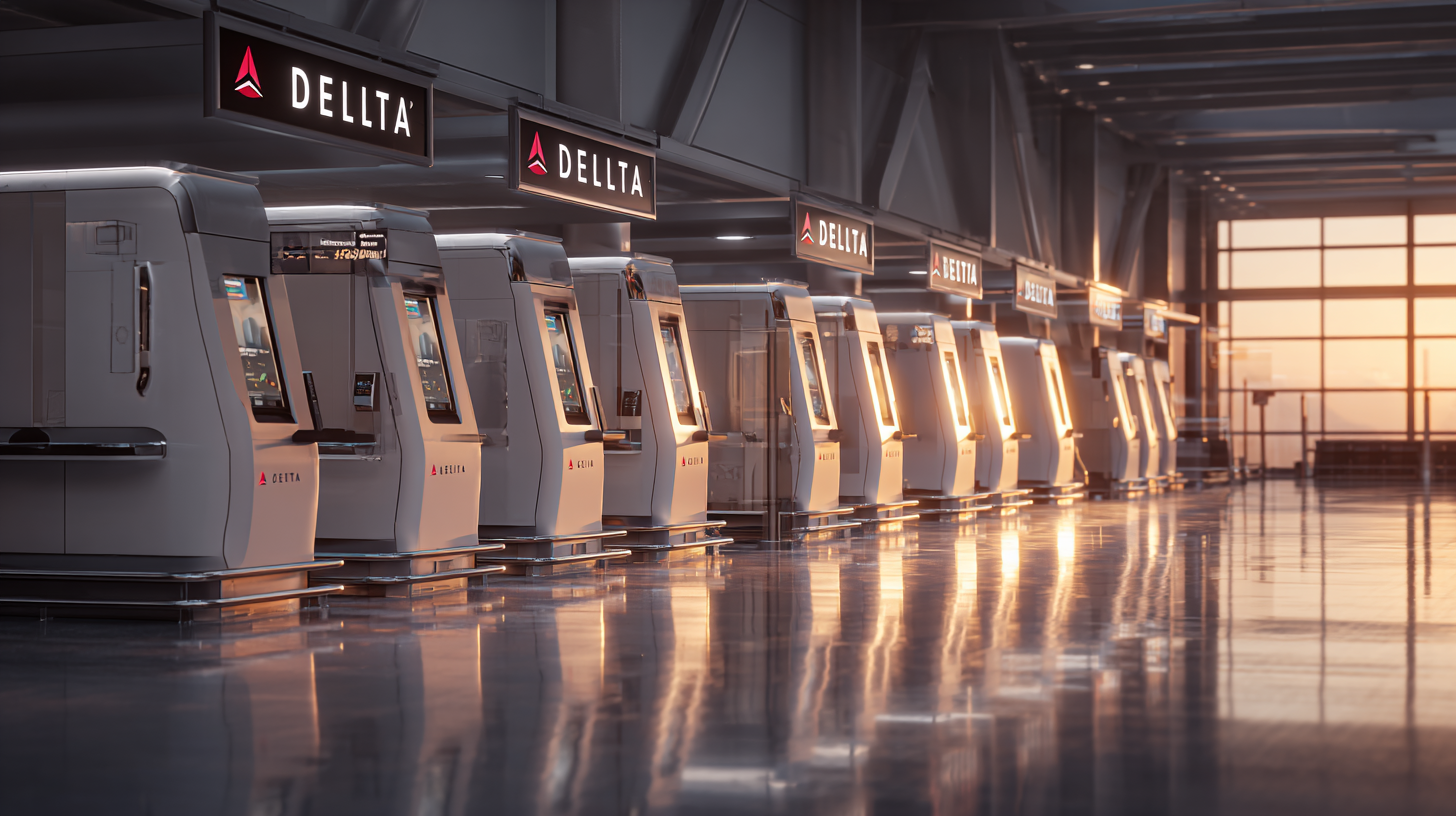
As we step further into 2025, the push toward a completely curb-to-gate biometric experience seems inevitable. I’ve read announcements hinting that Delta plans to collaborate with more government authorities beyond the U.S., paving the way for international passengers to use biometric boarding on flights to and from multiple countries. If that happens, it could mean less time waiting around for identity checks at customs and more time enjoying new destinations.
This evolution in air travel might also affect other services, from in-flight purchases to lounge access, as more airlines experiment with face-based payment and entry systems. I suspect we’ll see a future where travelers won’t need physical cards, boarding passes, or IDs at any stage of the journey. As cutting-edge as it sounds, we’re probably much closer to that reality than many realize.
For me, the most meaningful benefit is the reduced stress for both travelers and airline staff. Flight attendants often mention that biometric boarding shortens turnaround times and leads to fewer boarding delays. It’s a win-win for everyone involved, reducing the frantic rush and letting people ease into their flights with more calm.
Final Thoughts

Biometric boarding is yet another sign that our airports are evolving to meet the demands of a fast-paced world. What started as a niche program is now a mainstay in major transportation hubs, offering benefits that go well beyond mere convenience. Travelers no longer have to juggle multiple documents or worry about losing their boarding passes. Instead, they can rely on advanced scanning solutions that minimize wait times and streamline the entire process.
I see this growth continuing and expanding into other aspects of travel, especially as more airlines jump on board with their own biometric solutions. In the next few years, we might find ourselves looking back and wondering how we ever lived without it. Of course, protecting our personal data remains critical, so it’s essential that service providers maintain high standards of security at every step.
As biometric technology continues to mature, the integrated airport experience stands to become even more personalized and efficient. And if you’re anything like me, you’ll appreciate every minute saved that can be spent enjoying that extra cappuccino or exploring new airport amenities before your next flight.
Sky Skylar’s Take
I’m always in awe of how swiftly travel technology can shift from a distant dream to everyday reality. Based on everything I’ve read and the feedback I’ve heard, facial recognition boarding seems poised to become the gold standard. It’s an intriguing blend of futuristic flair and practical efficiency.
In my view, the best part is how it simplifies the journey, creating a frictionless experience that benefits both new travelers and seasoned globetrotters. It’s a new era of touchless travel—and I can’t wait to see what comes next.
For more insights and to join a community of passionate travelers, check out BoardingArea.
- If you’re looking to breeze through airport security, you might want to consider Should You Get CLEAR for Faster Airport Security? for some helpful advice.
- Stay ahead of the curve with Frequent Flyer Security Check Changes to Look for in 2025, highlighting all the upcoming changes in security checks for frequent flyers in 2025.
- For a glimpse into how travel technology evolved last year, check out Travel Tech Trends for a comprehensive review.
- Discover the latest enhancements in boarding procedures with 5 Key Insights on Delta’s New Boarding Zones and make your next flight experience even smoother.
- Planning to renew your passport soon? Fast-Track Your 2025 Passport Renewal offers valuable tips to expedite the process in 2025.

